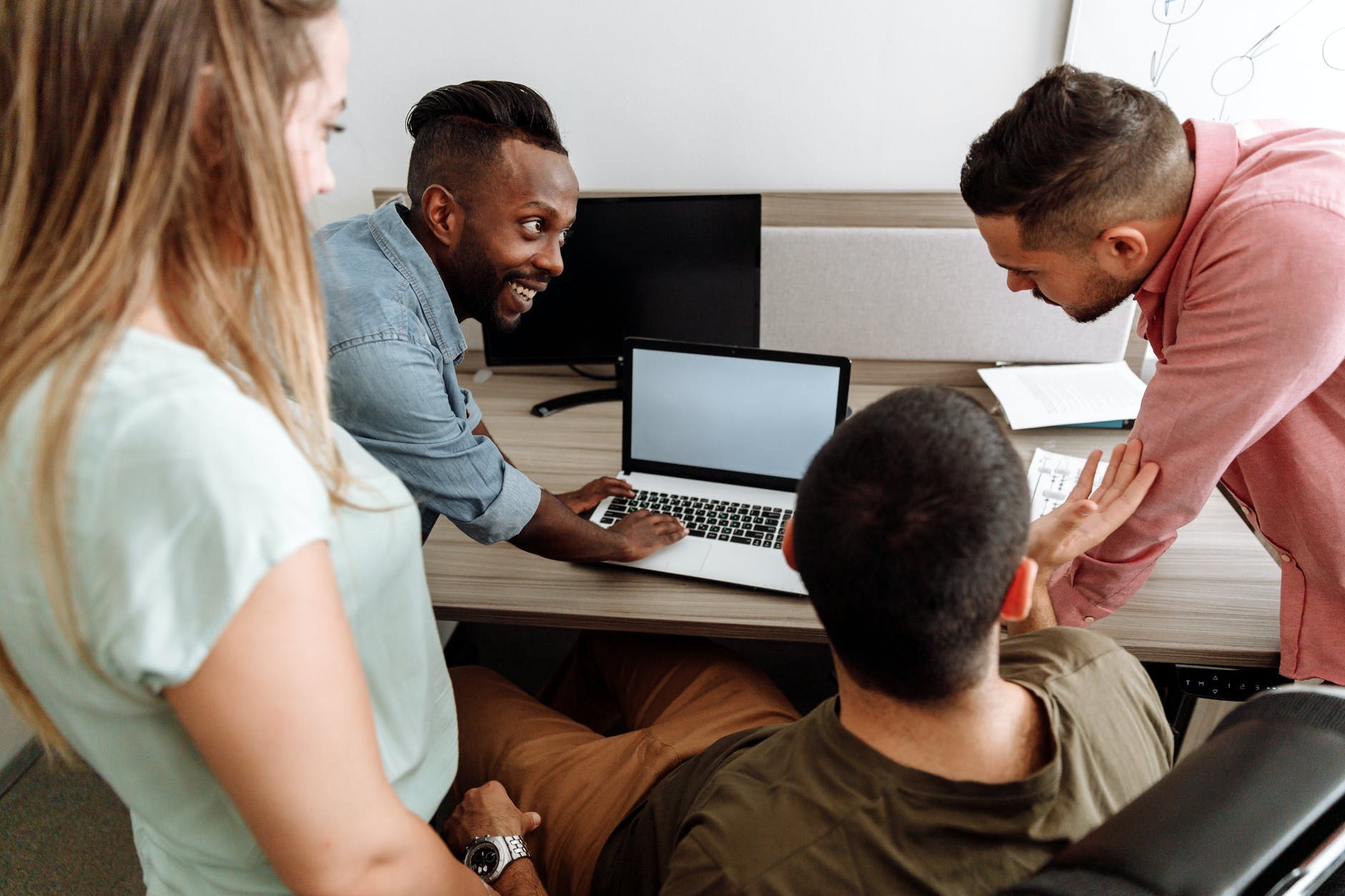

We need to learn to fail, in order to learn to succeed. As teachers, we are often under the impression that we need to know all, be all, and master all; we must succeed and we somehow feel threatened when we are questioned or opposed. We fear failure, instead of welcoming it as an opportunity that invites progress, rekindled passion and improved purpose in our professional lives. In order to internalise the quest for improvement, I propose the RIDE approach (Potgieter, 2021): Research; Investigate; Discuss; Evaluate. A good question an educator can ask is, “Where do I start?”
As experienced teachers, we are often under the incorrect impression that we know what’s best for our kids, for ourselves, for our colleagues. As novice teachers, we don’t yet know what we do not know. The remedy to each of these shortfalls is creating a feedback loop that enables us to identify that which can be improved, either by asking those around us, or engaging in some much-needed introspection.
Traditionally, feedback loops in education focus on learners’ work and assessments and how these very same learners can improve the quality of the work they deliver in order to progress and learn. That’s all for nought if educators are not willing to place themselves at the receiving end of the same kind of feedback in order to improve the quality of their own work. The concept of a feedback loop is neither new, nor complicated: it can be distilled down to a process in which the outputs of a system feed back into that very same system as inputs.

For feedback loops to be effective, we must first determine their purpose. Simply saying, “I want to be a better teacher,” is too vague and can be a very overwhelming starting point for the process that is based on self-evaluation at its core. Once we have determined what kind of information we are seeking, we can determine how to include self-reflection into this series of interconnected processes. If we optimally engage with this process, we should be willing and able to accept correction, as well as self-correct in order to progress through the loops. We tend to see feedback as final, instead of formative; if we are able to identify areas that can be improved, developed, diversified or otherwise enriched, we can start making changes, the smallest of which can often have a huge impact on our own learning and growth, as well as those around us. Libba Bray, the author of A Great and Terrible Beauty, wrote, “In every end, there is also a beginning.” Let us risk failure so that we may learn.
The rest of this blog series will focus on the four separate aspects of the RIDE approach: Research; Investigate; Discuss; Evaluate. Research will focus on the types of questioning that can be used to determine a starting point for the process of ascertaining where one can begin to adjust one’s view on teaching. Investigation will delve into finding and making meaning, expanding on questions and identifying new areas that can be improved. Discussion will explore the part that collaboration and other role players have in our approach to teaching, as well as what kind of feedback to expect and what to do with said feedback in order to build insights and questions into the process of the RIDE approach. Evaluation centres around drawing conclusions and identifying new starting points for future cycles of the RIDE approach and how we stand to improve our own teaching and the efficacy of the learning experience. In each of these instalments, I will unpack the elements of these aspects and elaborate on each as a whole, and how it can be incorporated into one’s own teaching strategy and philosophy.
Do you have an educational app, video, ebook, course or eResource?
Contribute to the Western Cape Education Department's ePortal to make a difference.


